
Explore how much an AC compressor costs to install based on cost factors like it’s type, brand, size, and local labor rates.
Handy heating hints if you’re thinking about going electric


Winter weather evokes memories of hot bowls of soup, warm cookies, and snuggling on the couch to read a good book. But if you want to stay toasty this winter, you may need to replace your old furnace before the temperatures drop. Electric furnaces and heating options are popular for homes and industrial purposes. If you want to know which type of electric furnace is best for your home, keep reading to learn more about available options.
When shopping for an electric way to heat your home, furnaces aren’t the only option. Consider the following four types of electrical heating before making a final decision.
An electric furnace uses a system of coils, relays, ducts, and sequencers to push hot air out of the furnace through vents. Electric furnaces also have filters to keep allergens and other harmful materials out of circulation and thermostats that regulate the temperature and prevent your unit from overheating.
Electric furnaces come in various sizes and are easy to install. The upfront cost of an electric furnace is lower than a gas furnace, and maintenance costs are lower, too. You may spend more money on your electric bill throughout the year, depending on how much you run it.

An electric heat pump provides both heating and cooling for your home. You’ll pay more for an electric heat pump, but it’s more energy-efficient, plus you’ll be able to keep your home cool in the summer.
An electric heat pump operates similarly to a traditional electric furnace, except it has an outdoor segment containing a second coil, fan, and compressor. This pump operates year-round, helping heat the home quicker in the winter and cool more quickly in the summer.
Radiant heating systems are most often installed near the ceiling, also known as cove heating. An electric element heats up an aluminum panel, which then radiates the heat out into the room. If you opt for radiant heat, you’ll need quality insulation in your home to maximize the efficiency of your heating unit.
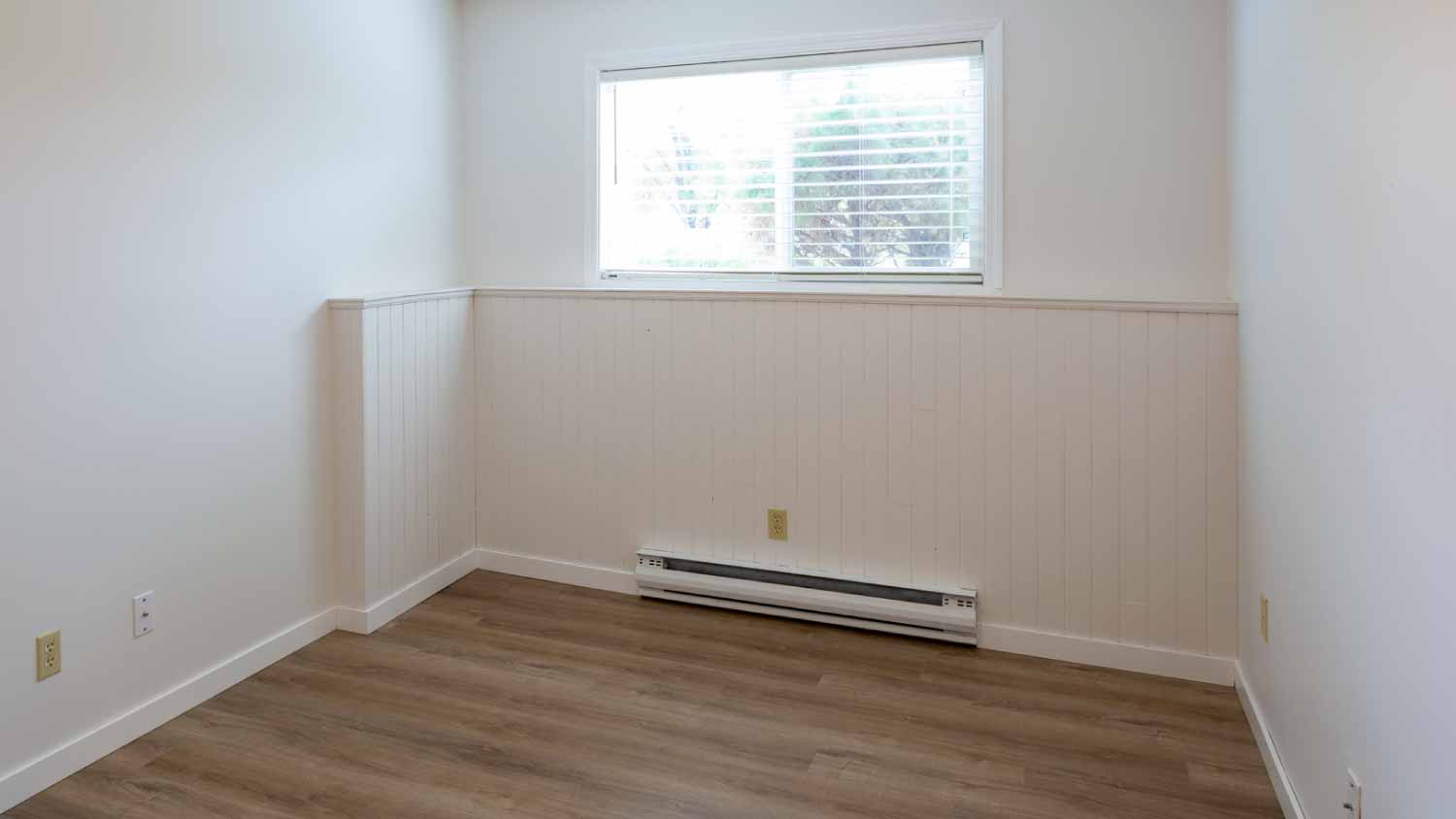
Baseboard heaters are ideal for smaller spaces or older homes. Installing these types of heaters doesn’t require ductwork. They’re low-cost and come in many different sizes. The biggest drawback is that their heat is limited to individual rooms, so you may need to install multiple baseboard heaters in your home.
If you already have a gas or oil furnace type or a heat pump, you might wonder if installing an electric furnace is a better choice. There isn’t a one-size-fits-all answer, as each type has advantages and drawbacks.
Cost to buy: Less than electric heat pumps and gas and oil furnaces.
Cost to install: Less than electric heat pumps and gas and oil furnaces, especially if your home doesn't have a gas line or an oil tank in place.
Maintenance: Less complex construction means you are less likely to encounter common furnace problems. They are generally easier and less costly to maintain and repair than heat pumps and gas and oil furnaces.
Safety: No risk of carbon monoxide poisoning from leaks as there can be with gas furnaces.
Lifespan: Can last longer than heat pumps and gas and oil furnaces as they don't require the same cleaning and aren't so prone to corrosion.
Flexibility: Some electric furnaces have a cooling mode for hot summer months.
Noise: No furnace ignition noise like there is with gas or oil furnaces.
Aesthetics: Electric furnaces are installed out of sight, making them less obtrusive than heat pumps, which have a large, standalone unit in the yard and sometimes, for mini-split, on inner walls.
Space: Electric furnaces occupy less space than gas or oil furnaces.
Cost: The cost to run an electric furnace in a cold region is more than a gas furnace (although it is typically less than an oil furnace or heat pump).
Efficiency: Have to work harder to reach and maintain desired temperatures than gas or oil furnaces, meaning they aren’t the best choice for very cold climates.
Air quality: Removes more moisture from the air than a gas or oil furnace—this can lead to dry skin and respiratory irritation.
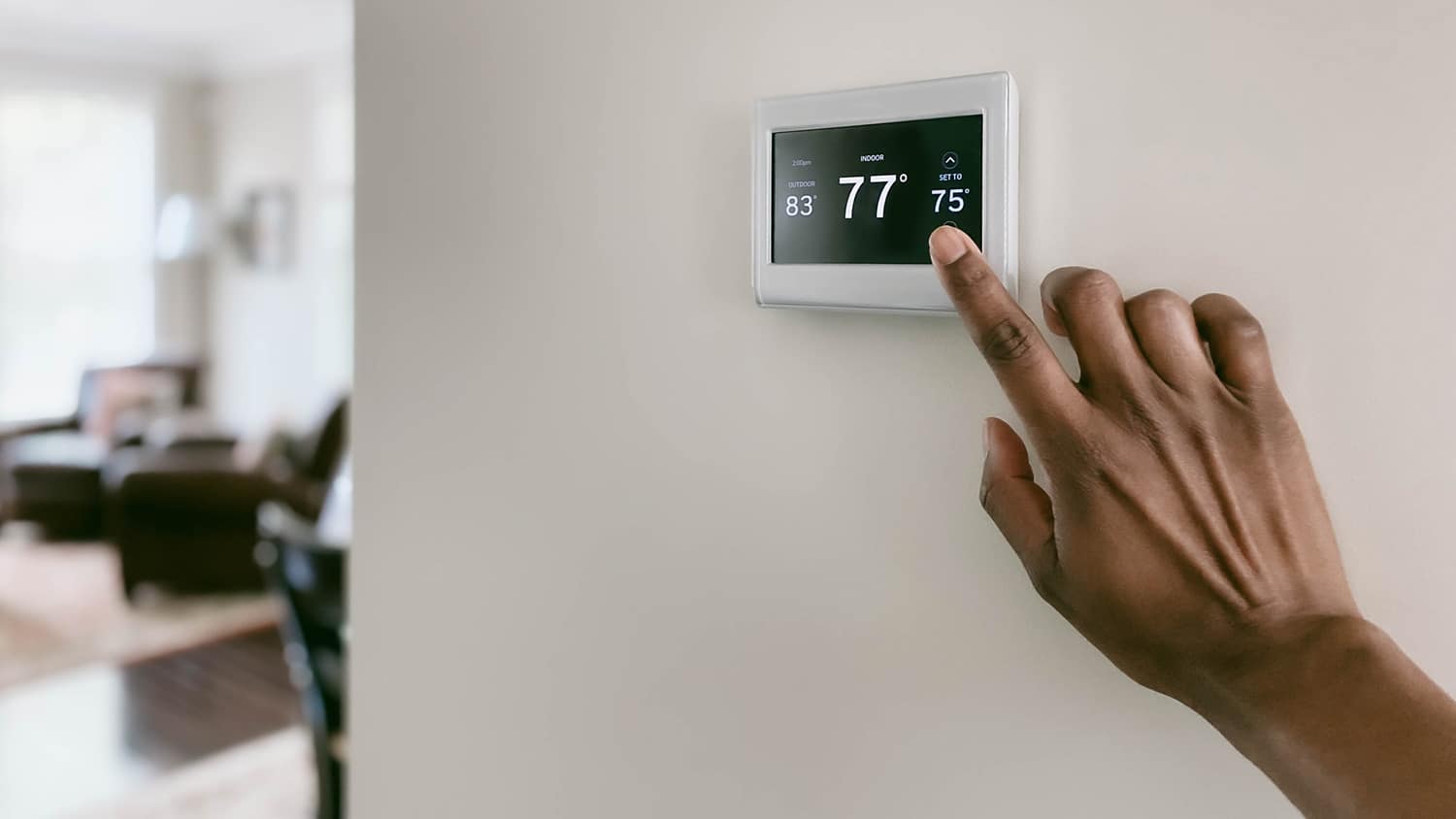
While there are many options, setting a few goals for your budget and needs can make finding the right type of electric furnace for your home simple. There are a few things to consider that will make the shopping process much easier.
All furnaces receive an annual fuel utilization efficiency (AFUE) rating. The higher the AFUE rating, the more energy-efficient the furnace is. Modern electric furnaces are efficient, with their ratings for the amount of fuel they convert to heat being between 95% and 100%. However, picking one with as high a furnace efficiency rating as possible can help lower your electricity bills, especially when you live in a region that experiences sub-zero winter temperatures.
It pays to do some brand research when selecting an electric furnace. You want to balance price with reviews and reputation, available warranties (should cover parts for at least 10 years), and post-sales support. And if you're hooking the furnace up to an existing HVAC system, don’t forget to check if the brand's components are compatible.
Selecting the right size of electric furnace maximizes the appliance’s lifespan and helps to heat your home efficiently. If it’s too big, the furnace will cycle on and off a lot; too small and the unit will have to run more to heat the home. Both can lead to premature wear and tear and unnecessarily high bills.
It’s not as simple as picking a “small” electric furnace if you live in a one-bedroom apartment. Your home’s square footage plays the biggest part in calculating the size you need. But your region’s climate zone and home insulation levels are also factors. The measurement of furnace sizing is British Thermal Units (BTU), with residential furnaces typically measuring 44,000 BTU to 120,000 BTU.
There are calculators online to help, and a reputable furnace installer near you can keep you on the right track.
The fan motor that blows your appliance's hot air into your rooms can also inform the type of electric furnace you need. There are three speeds.
Single-stage: Two airflow settings—on or off. Old furnaces will have this setup, but it isn’t as common in new models. Only having full heat or nothing might make these furnaces more affordable, but they aren’t as efficient.
Two-stage: You can run the furnace at 100% capacity or a lower setting to maintain comfort and even temperatures efficiently. These models come with a higher price tag than single-stage furnaces.
Variable-speed (modulating): You can adjust the furnace fan speed incrementally. This is the most efficient type, but it comes with a high price tag and is unnecessary in many homes.
The Manual J Calculation is a mathematical equation that determines the amount of cooling or heating you need to manage the temperature in your home properly. You (or the professional you hire) will use this calculation to determine what size furnace and ductwork will work best for your home.
Electric furnaces are much less expensive to install than gas furnaces but more expensive than baseboard heating. The average cost to install an electric furnace is $2,000 to $7,000.
The typical unit costs between $800 and $4,500, and the rest of your costs will go toward labor, materials, permits, and any ductwork.
The average cost of an electric heat pump is $4,130 to $7,300, and the average cost to install a gas furnace is $3,800 to $10,000.
Angela Brown contributed to this article.
Wondering which type of furnace to install? According to Angi data, 58% of customers have a natural gas furnace and 77% want to add one to their home. On the other hand, 12% of customers have an electric furnace, making it one of the top options.
Talk with your furnace installer about the best choice for your home.
From average costs to expert advice, get all the answers you need to get your job done.

Explore how much an AC compressor costs to install based on cost factors like it’s type, brand, size, and local labor rates.

Furnace cleaning is an essential annual chore to keep your home safe. Find out common furnace cleaning costs by type and size of furnace with this guide.
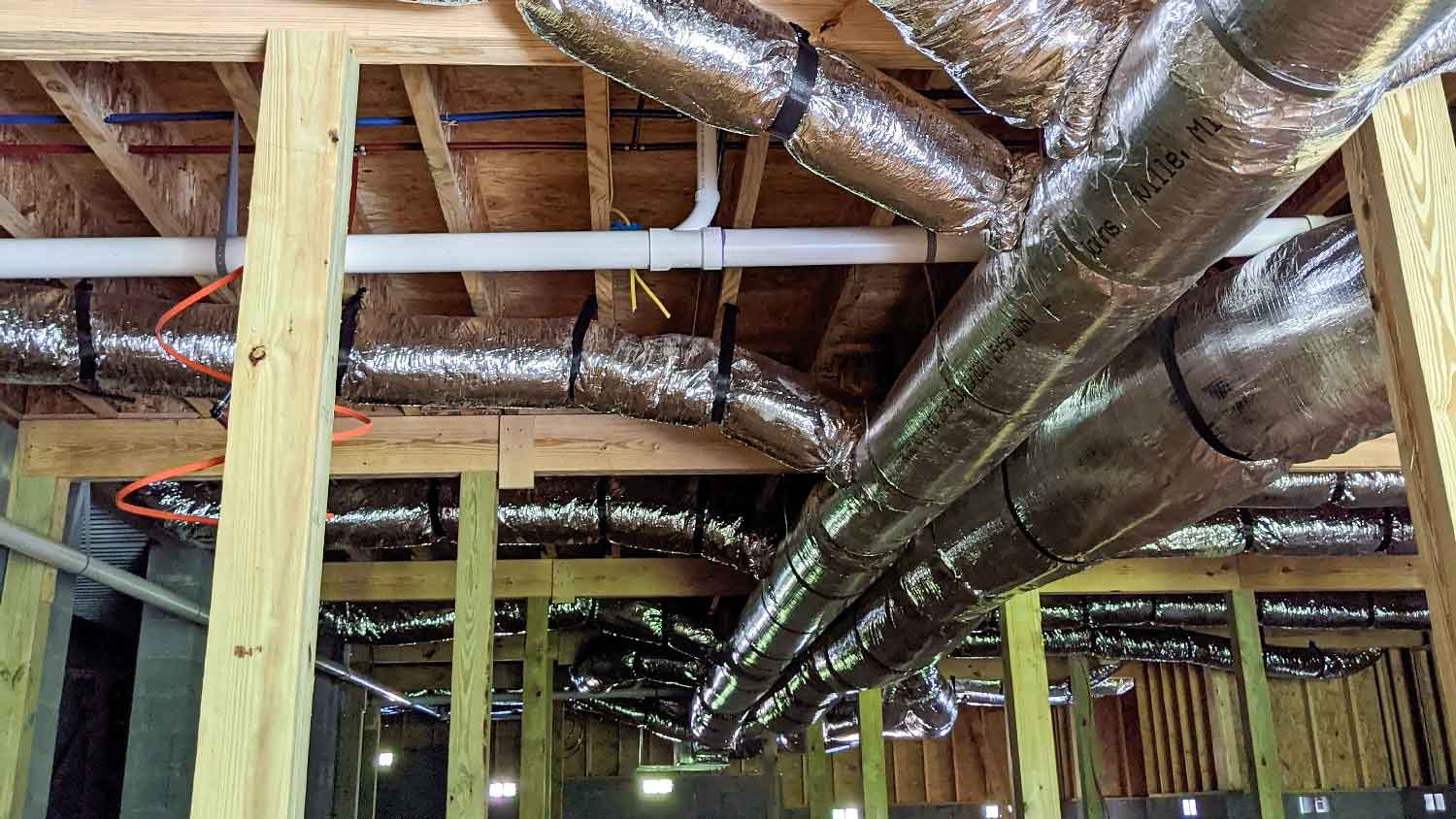
Discover the cost to install ductwork. Learn about average prices, cost factors, and tips to save money on your ductwork installation project.
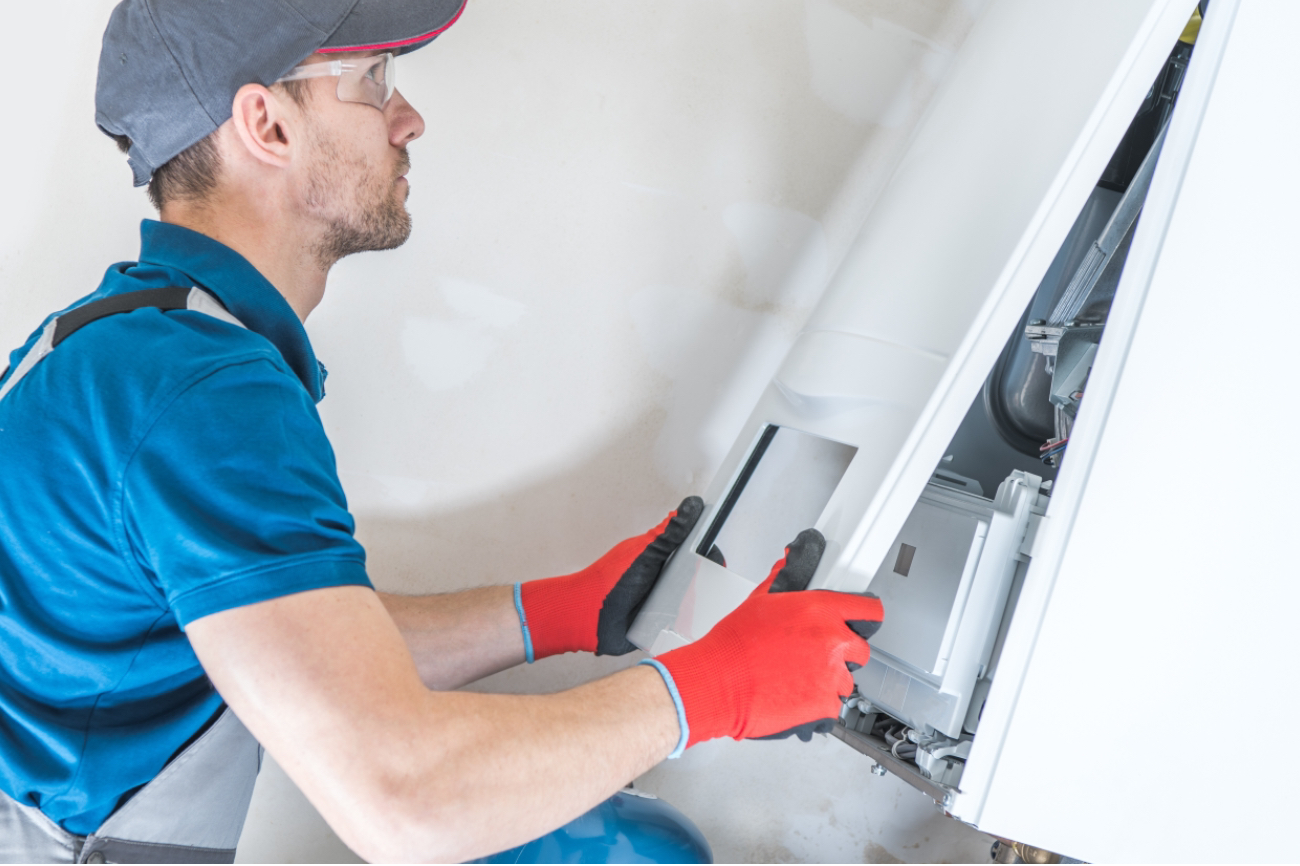
Discover heat exchanger replacement costs to learn about price factors, labor, and ways to save before hiring a pro or starting your project.

Not sure which type of furnace humidifier is best for your home? We’ve broken down four different options, explaining how they work and their benefits.
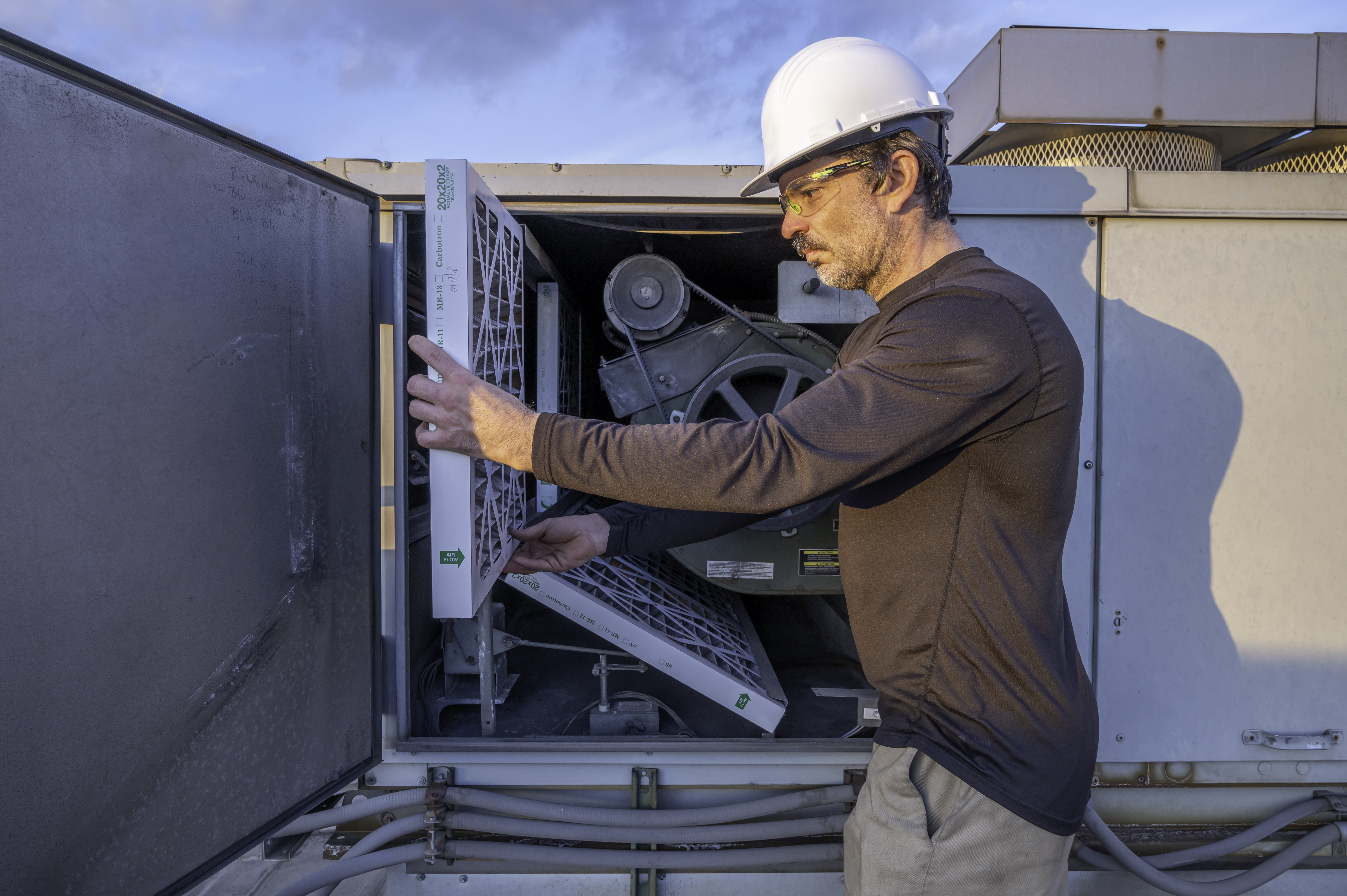
Wondering who to hire for swamp cooler installation? Learn when to call an HVAC contractor, electrician, or handyperson, and what to expect.